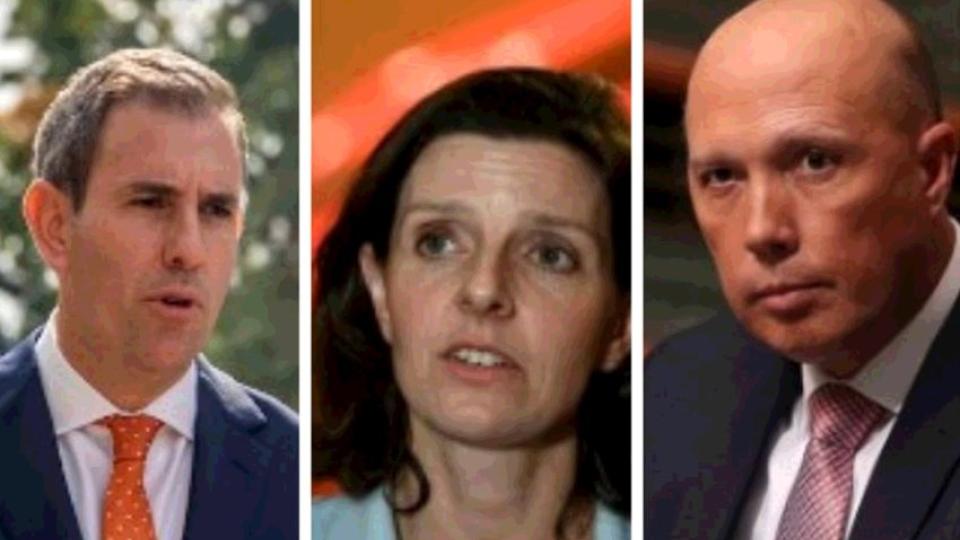Scrap the GST and the Stage 3 tax cuts

Considering its significance, the recently-released Intergenerational Report 2023 passed without much comment.
Perhaps this is no surprise, given that both Anthony Albanese's Labor government and the Coalition are committed to policies that are guaranteed to make intergenerational inequality worse.
The report’s predictions include that spending on the National Disability Insurance Scheme, health care, aged care, defence and interest payments will all continue to rise.
Furthermore, a greater percentage of government tax revenue will come from income tax, meaning from younger people (since older Australians are not taxed on superannuation income).
The most prominent and least helpful response was the call by the Teal independents, led by Allegra Spender, for a “brave” conversation about raising the GST to reduce the reliance on income tax.
Speaking to Sky News on August 28, Spender invoked the example of a young person who came to her complaining of the combined burden of a HECS debt and high rents.
Make no mistake, raising the GST to finance a cut in income tax would only make it even harder for people being crushed by the cost-of-living crisis.
The poorer you are, the greater percentage of your income you spend on consumption. Raising the GST would further shift the tax burden from the rich onto low- and middle-income earners.
Modelling by the Australian National University shows that raising the GST from 10% to 15% would leave high income households $2140 a year better off.
Offsetting the burden of a GST rise on low income earners, particularly those who do not even pay income tax, would then require compensatory payments that would be both cumbersome to administer, miss some people and at risk of not being properly indexed, as happens with welfare payments at the moment.
This exposes the contradiction between the Teals’ claims to be socially progressive but fiscally conservative.
Neoliberal economics is a war on working people, not least working women. We can be certain that raising the GST is Peter Dutton’s goal: all the better for him that the Teals are playing the role of the useful fool by being the first to float it.
Labor is unlikely to commit electoral suicide by endorsing a GST rise, and in response to the report it ruled out major “tax reform”.
However, we should recall that while Labor opposed the GST in the 1998 federal election, once the re-elected Coalition government introduced it, they rolled over and accepted it.
Labor’s argument at the time was that it was too hard to “unscramble the egg”.
The GST is not an egg: it was introduced by an act of parliament and could be removed with one too.
What this experience really demonstrates is that the Coalition plays to win, and Labor follows in its wake.
It was Labor’s decision to continue with the Coalition’s Stage 3 tax cuts, depriving the federal budget of a staggering $313 billion over 10 years to benefit high income earners and giving the Coalition the argument it needs to justify a future rise in the GST.
If we add the $368 billion for nuclear submarines, or the $10 billion in annual tax breaks and subsidies to fossil fuel companies, both of which are a war on our future, then one thing is clear: The problem is not where the money will come from to pay for pensions, health care and the NDIS, but where the money is going.
The most fair and immediate way to address intergenerational equity and the cost-of-living crisis, while also assisting the most vulnerable, is to decommodify the things that can be most efficiently provided as universal services.
A good place to start would be a massive expansion of public housing, scrapping HECS, making public transport free and beginning the process of integrating both general practice and dentistry into the public health system.
While these are not radical measures, Labor’s loyalty to big business means none of them will come easily. The first step is to build understanding and support for them anywhere and everywhere we can. Join Socialist Alliance in that fight.
[Sam Wainwright is a national co-convenor of the Socialist Alliance.]